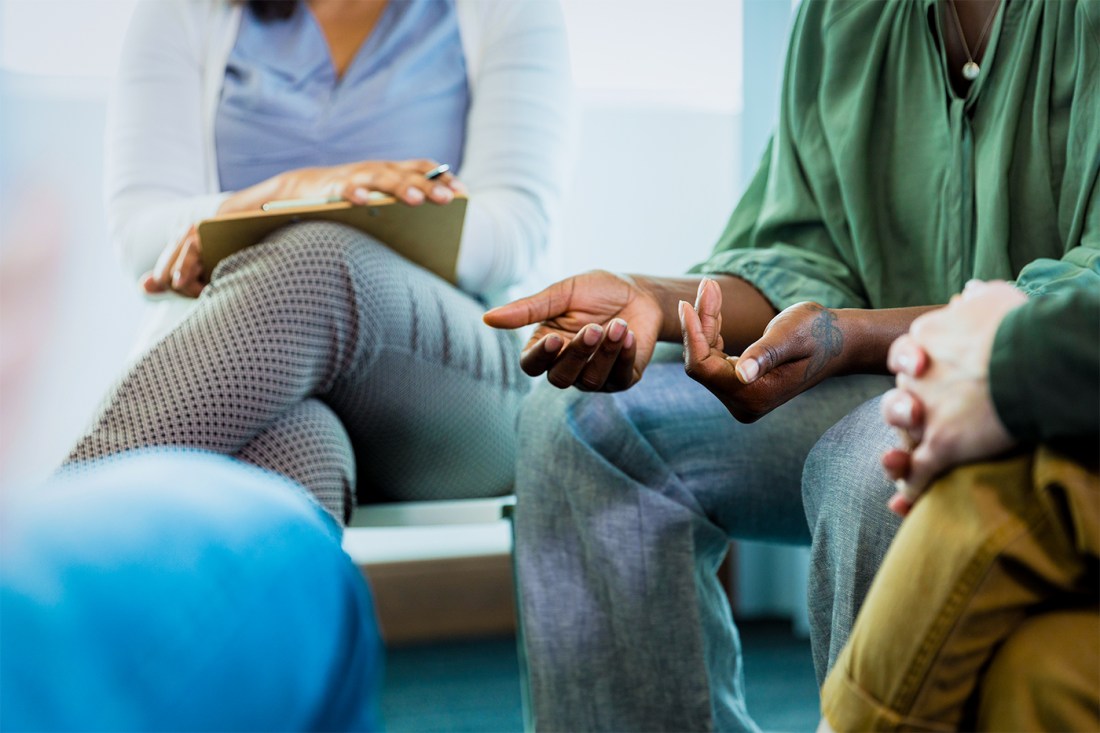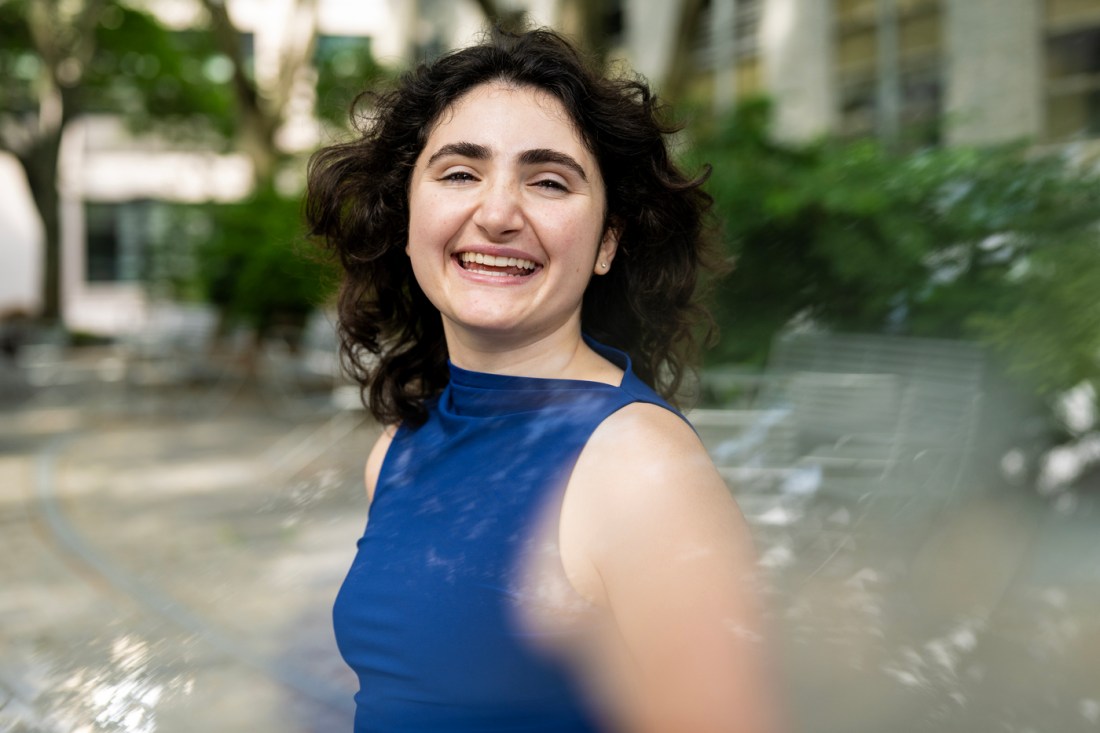Northeastern student recognized for volunteer work in support group for siblings of children with disabilities and chronic illness
Chloe Shanebrook-Wein took her experience as sibling to a nonverbal autistic brother and used it to help those in Jewish Family and Children’s Service Sibshop program, as well as fuel her dream of becoming a doctor.

Chloe Shanebrook-Wein knows firsthand what happens when children have and, more importantly, don’t have support.
Growing up with a nonverbal autistic brother with severe epilepsy, she would sometimes not invite friends over to her house because she was worried they wouldn’t “understand” her brother’s condition. Shanebrook-Wein regrets those moments now, she says, but it’s a reminder of how few resources there are for the families of people with disabilities, chronic illness and mental health needs.
She’s working to fix that. Through a combination of her work as a volunteer for Jewish Family and Children’s Services sibling support group and as a bioengineering and biochemistry student at Northeastern, Shanebrook-Wein wants to make sure the next generation of “sibs” is better off.
For the past three years, Shanebrook-Wein has volunteered in JF&CS’ Sibshop program, a support group that offers the siblings of children with disabilities and chronic illness a safe and welcoming space to share and reflect on their experiences. Out of more than 2,000 volunteers with the organization, she received JF&CS’ 2025 Simone Lottor Award for Exceptional Volunteer Service for her work.
“As an older person with their experience, [I try] to offer some insight and then just listen,” Shanebrook-Wein says. “Listening is a huge part of it because a lot of these kids, they don’t have peers or mentors in similar situations to talk to. Those kinds of ideas of ‘my friends don’t understand me, my friends don’t understand my family, I can’t bring people over to my house because they’re not going to understand my sibling,’ there’s none of that in this little community.”

As a volunteer, Shanebrook-Wein leads children in group activities, supports group discussions and more generally strives to give children the chance to share their story. That kind of environment is not something she takes for granted.
Growing up, she was used to doctors being dismissive of her brother’s condition and her parents’ desire to get him support. They typically attributed everything to his autism, she says, which led to things like his early hearing problems being shoved under the rug. He had chronic ear infections that became so bad that he was effectively deaf for part of his early life.
Editor’s Picks
Eventually, her brother got the treatment he needed, but the interactions with medical professionals left an impression on Shanebrook-Wein. It inspired her decision to pursue a bioengineering and biochemistry degree at Northeastern, with the eventual goal of going to medical school and becoming the kind of doctor her brother once needed.
“That dismissive nature — when doctors talk to me, my mom or my dad instead of him — that has been a real pain point in my life and my family’s life because we know he has a lot of potential,” Shanebrook-Wein says. “That’s definitely been a big inspiration for becoming a doctor and pursuing that. I want to be the kind of clinician who helps people like my brother instead of dismissing them.”
Watching the children in Sibshops develop and deepen their emotional skills over the years she’s volunteered with the program is the gift that keeps giving, Shanebrook-Wein says. It’s also helped her “reevaluate a lot of the feelings I currently have [as a sibling] and that I had as a kid.”
It’s helped her realize even the power of this specific kind of sibling relationship, one built on love but also responsibility. It’s why she pushes back on the term “glass child” that’s often used to describe the siblings of people with physical or mental health needs. It perpetuates the perception that people like her are transparent (overlooked) and breakable.
Everything she’s experienced in her own life and everything she’s witnessed with the children in her program flies in the face of that.
“I really dislike that implication because I have grown up with the knowledge that I will one day be my brother’s caretaker,” Shanebrook-Weins says. “All of these kids, that is a big part of their lives. We’re not breakable. We don’t shatter under that kind of pressure because we’ve dealt with it our whole lives. We understand the implications of being a sibling.”





